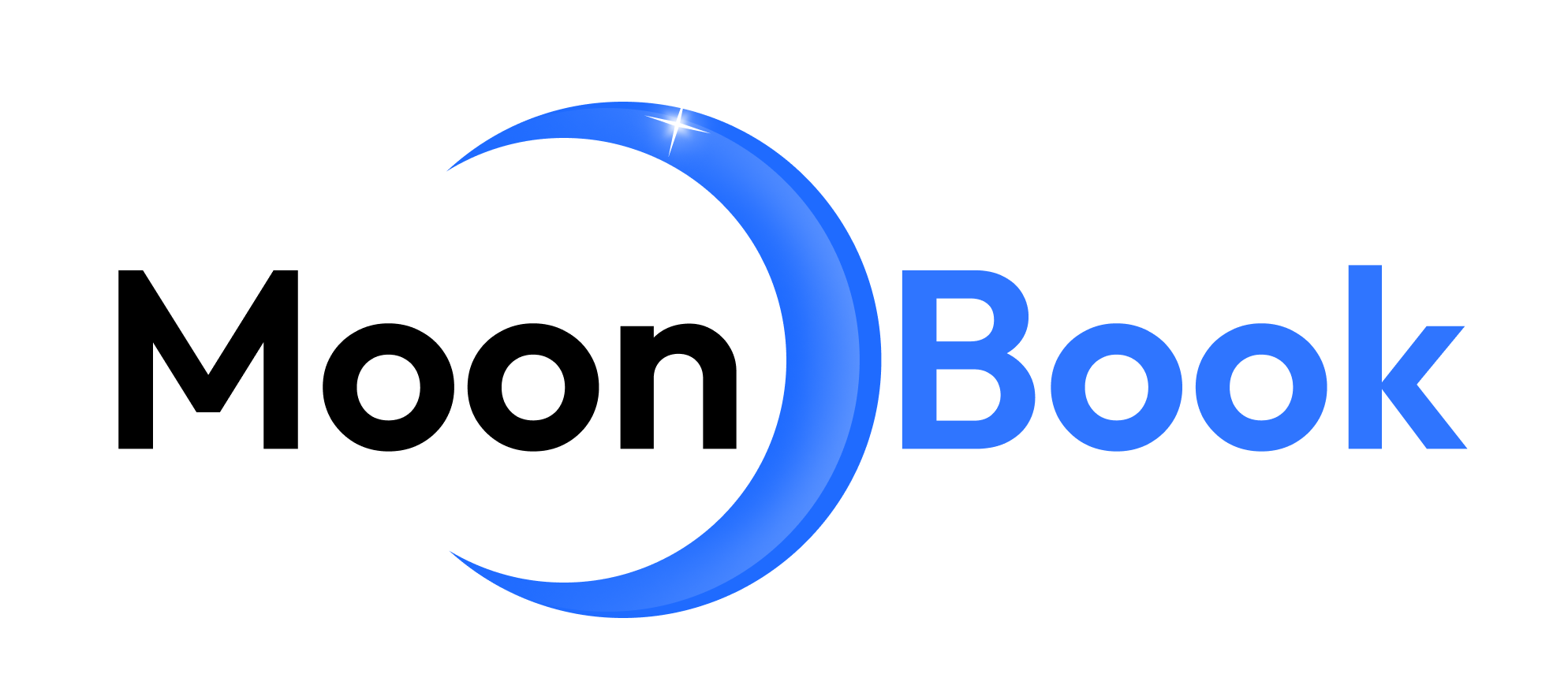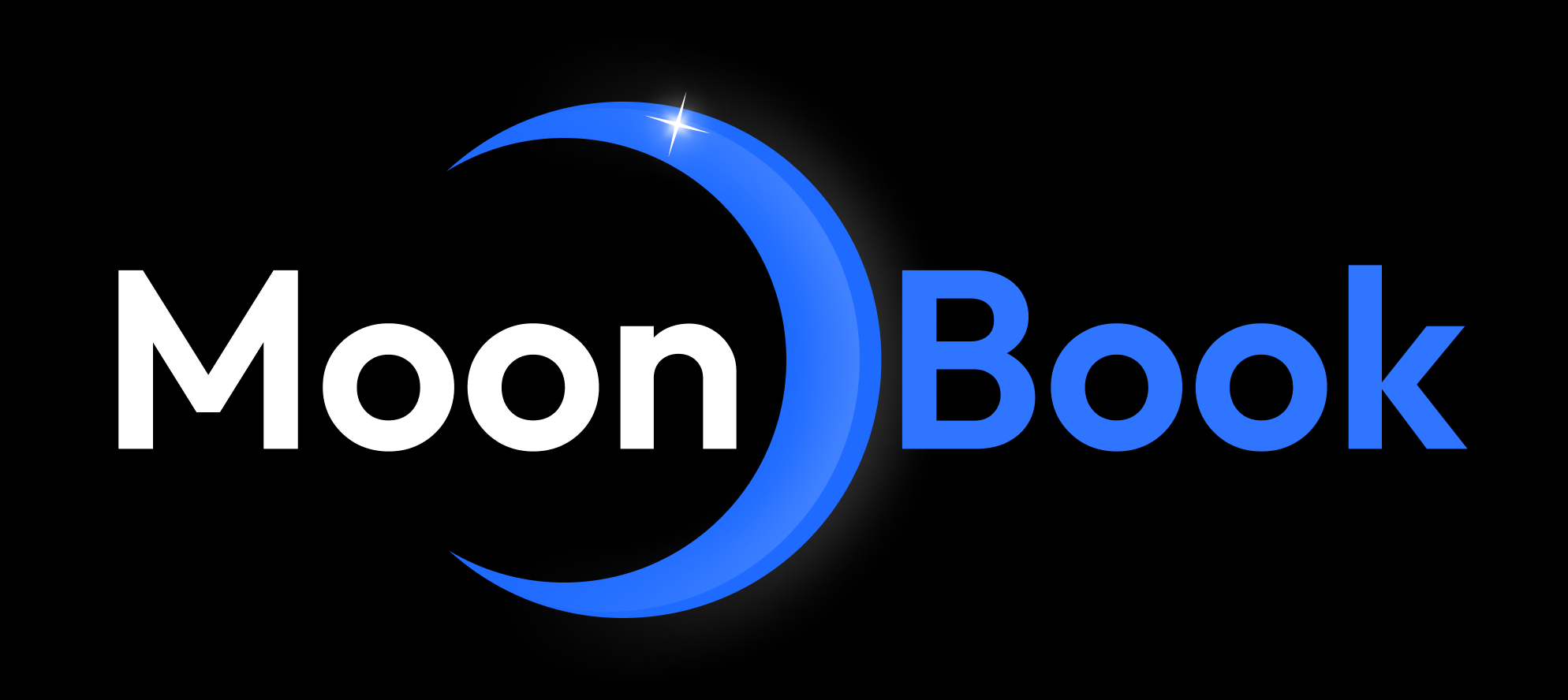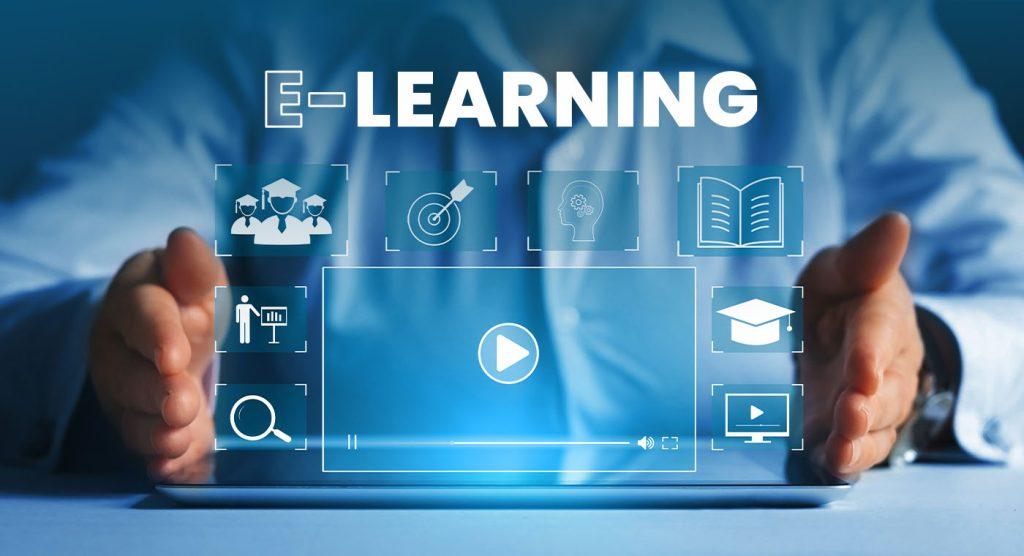In the complex and multi-layered corporate e-learning market, strategic partnerships and alliances are not just beneficial; they are the fundamental architecture of the entire ecosystem. A deep analysis of Corporate E-learning Market Partnerships & Alliances reveals that a platform's value and reach are critically dependent on its ability to build and manage a sophisticated network of collaborators. These partnerships span the entire value chain, from deep content alliances with subject matter experts and academic institutions, to critical technology integrations with core HR and business systems, to powerful go-to-market relationships with consulting firms and resellers. In a market where no single vendor can be the best at everything, the ability to build a powerful and open ecosystem is a key competitive differentiator. The Corporate E-learning Market size is projected to grow USD 195.78 Billion by 2035, exhibiting a CAGR of 15.02% during the forecast period 2025-2035. To effectively compete for this growth, learning platforms must be masters of collaboration, recognizing that their platform becomes exponentially more valuable with every high-quality partner they add to their network.
The most critical partnerships for any learning platform are the content alliances. For a platform like Coursera or edX, their entire business model is built on partnerships with the world's top universities and leading technology companies. They partner with institutions like Stanford and companies like Google to bring their high-quality, branded courses and professional certificates onto their platform. This allows them to offer a vast and prestigious catalog of content without having to create it themselves. For a content library like LinkedIn Learning, partnerships with thousands of individual, expert instructors are the foundation of their offering. They have built a platform and a model that attracts the best experts in a wide range of fields to create content for them. These content partnerships are essential for ensuring that the learning library is comprehensive, up-to-date, and credible. The platform with the best and most sought-after content partners has a massive competitive advantage in attracting both individual learners and enterprise clients.
Beyond the vital content alliances, technology partnerships are crucial for creating a seamless and integrated learning experience. The most important of these are the integrations with the core Human Resources Information Systems (HRIS) and talent management platforms, such as Workday and SAP SuccessFactors. A deep, bi-directional integration allows for employee data to flow seamlessly into the learning platform, and for course completion and skills data to flow back into the employee's official HR record. This is a non-negotiable requirement for most large enterprise clients. Integrations with collaboration platforms like Microsoft Teams and Slack are also becoming increasingly critical, enabling "learning in the flow of work" by allowing employees to access and share learning content directly within the tools they use every day. Go-to-market partnerships with the major global consulting and system integration firms are also a key channel for reaching large enterprises. These consulting firms advise their clients on talent strategy and can recommend and implement a specific learning platform as part of a broader workforce transformation initiative. This intricate web of content, technology, and channel partnerships is the defining feature of the modern corporate e-learning market.
Top Trending Reports -



